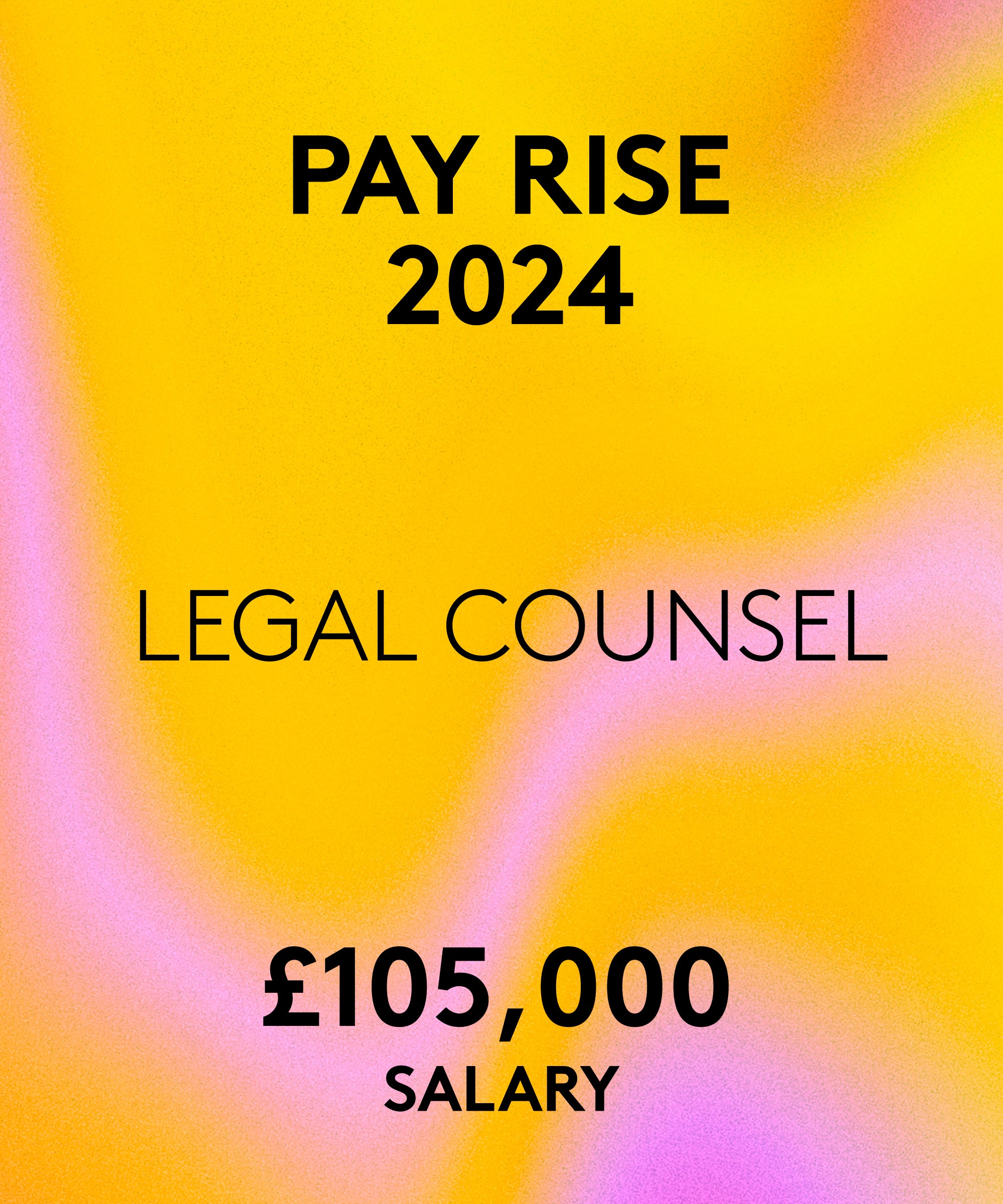Been in the workforce for at least five years and interested in contributing your salary story? Submit your information here. Published stories receive £100.
Age: 29
Location: London
Current industry and job title: Technology, legal counsel
Current salary: £105,000
Number of years employed since school or university: Six
Starting salary: £24,500 in 2018.
Biggest salary jump: From £50,000 to £72,500 in 2021.
Biggest salary drop: N/A
Biggest negotiation regret: Relying on pay reviews to negotiate more money. You are your own best advocate; don’t wait for someone to recognise your hard work and reward you.
Best salary advice: Don’t be shy about knowing market rates and where you sit within that, and don’t let job changes or adversity such as redundancy stop you knowing your worth. Always be prepared to demonstrate all the amazing skills you have and what you bring to the table in every single interview and appraisal.


I approached the CEO with these facts and the support of one of the more senior members of the team who helped me formulate how I communicated with the CEO. I initially requested the same salary as a London trainee, as part of my role required some work in the London office, but accepted their counter offer of the same salary as other trainees in regional offices with the agreement to revisit the negotiation should my role require more than occasional time spent in London. It was hard fought, due to budgets at the time, but I was happy with the outcome. When I moved to London six months later, I did receive an uplift to (almost) align with the London trainees as agreed.


When making these big job changes I worked with a good recruiter. They can be a great asset when negotiating salary as they understand the client’s expectations as well as the candidate’s. My original ask was £75,000 but I managed to secure an offer of £72,500. The job had been advertised at £67,000.

I went to the recruiter who helped me get my last job and was fortunate to receive multiple job offers, which leaves you in a strong negotiating position. One of these roles offered £80,000 and the other £85,000, both with 10% bonuses. I knew I wanted to take the role on the lower salary but after expressing that I needed some time to consider the two offers together, the business reached out to match the higher offer. I countered by asking for a bonus uplift to 20%, then accepted the role.
I think it is nerve-wracking standing firm on your expectations, whether you have one offer or a couple, as there are no guarantees of success. I think it’s about getting comfortable with knowing they may decide to walk away. After several job moves and a redundancy, I am of the mentality that what’s not meant for you will pass you by!

This increase is a result of me setting out all the additional work streams and responsibilities I have taken on since I joined, while researching the current market rate for my level and job type, then sitting down with my manager to talk it through. When I discuss my next promotion, I’ll be entitled to a pay review then, too.
Like what you see? How about some more R29 goodness, right here?
Salary Story: Training Helped Me To Boost My Pay